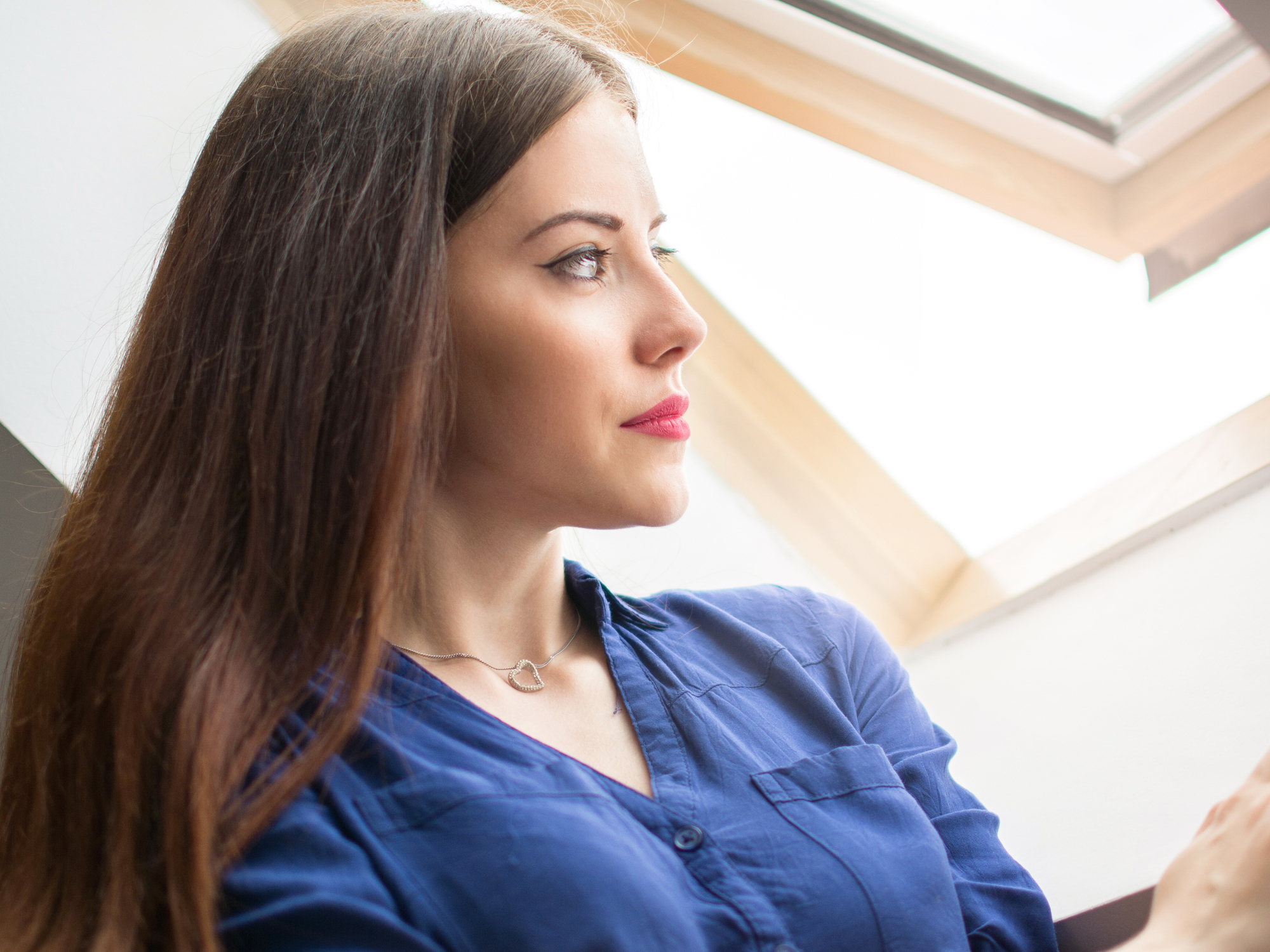Get Easy Health Digest™ in your inbox and don’t miss a thing when you subscribe today. Plus, get the free bonus report, Mother Nature’s Tips, Tricks and Remedies for Cholesterol, Blood Pressure & Blood Sugar as my way of saying welcome to the community!
Could avoiding the sun be causing your headaches?

We’ve all heard the advice…
Stay out of the sun, wear a hat, and never leave the house without sunscreen.
This advice may be well-meaning, but research shows it could also be causing your chronic headaches.
While your doctor is right to alert you to the dangers of skin cancer, complete sun avoidance is just not the answer (it could cut your life short by at least 2 years).
Vitamin D is made by your body naturally when you are exposed to sunlight, and lately, it’s been in the news as everything from an immune system booster to a heart disease prevention tool.
What you probably haven’t heard is that having too little of the vitamin in your system can leave you suffering the pain of headaches and even more severe migraines.
The vitamin D/headache connection
Results of a study out of Finland appear to confirm the vitamin D – headache link, specifically:
- Men with low levels of D were about twice as likely to suffer from frequent headaches as men with higher blood levels of the vitamin.
- The men had far more headaches during the fall and winter months when they were less likely to get enough sunlight.
And, another study found that 40 percent of migraine sufferers have low vitamin D levels.
Why you are probably D-deficient
In our modern world, vitamin D deficiency is becoming an epidemic, with 42 percent of Americans suffering from lack of this vital nutrient.
Spending too much time indoors, pollution, using sunscreen or even just living in a northern area that gets less sunlight can all quickly lead you down the path to a vitamin D deficiency and the headaches that come with it.
In fact, you could be suffering from this deficiency right now and not even know it.
Muscle aches and pains, being tired all time, or just that overall run-down feeling are all symptoms of vitamin D deficiency. The problem is that these symptoms also fit so many other things that your doctor may never even check your D levels.
How much vitamin D is enough?
Most recommendations for daily vitamin D intake point to 600 IUs for adults up to 70 years old and 800 IUs for those 70 plus.
However, to correct a deficiency it often takes much more and recommendations of 5,000 IUs per day are common.
You can always ask your doctor to check your vitamin D levels. Simple blood work is all it takes to find out where you stand.
The easiest way to optimize your D levels
Still, hands-down the fastest, easiest way to get your levels back to where you need them to be — and get rid of those headaches — is to just get some sun.
Now, this doesn’t mean going back to the days of sunbathing for hours, slathered in oil and baking your skin to a crisp.
All that’s needed is 10 minutes a day of midday sun and your body will do all the work for you.
Still, if you’ve been diagnosed with skin cancer in the past, or just can’t bring yourself to go out without sunscreen, Vitamin D supplements are easy to find.
D3 is the best, and usually with just a drop or two, you can get a full day’s requirement of the supplement.
Our bodies were designed to make vitamin D for a reason. It makes you stronger, healthier and able to fight off disease. And, now you can also use it to find relief from chronic headaches and get back to your life.
Editor’s tip: Mushrooms are a great source of vitamin D and they do amazing things for your immune system. Try garlic roasted mushrooms for a double health-boost!
Sources:
-
http://www.nature.com/articles/srep39697
-
http://www.nature.com/articles/srep39697
-
http://www.medscape.com/viewarticle/724646
-
https://www.ncbi.nlm.nih.gov/pubmed/21310306
-
http://edis.ifas.ufl.edu/fy207
-
https://www.ncbi.nlm.nih.gov/pubmed/18541590
-
https://www.ncbi.nlm.nih.gov/pubmed/22431675
-
www.ncbi.nlm.nih.gov/pubmed/18065583












